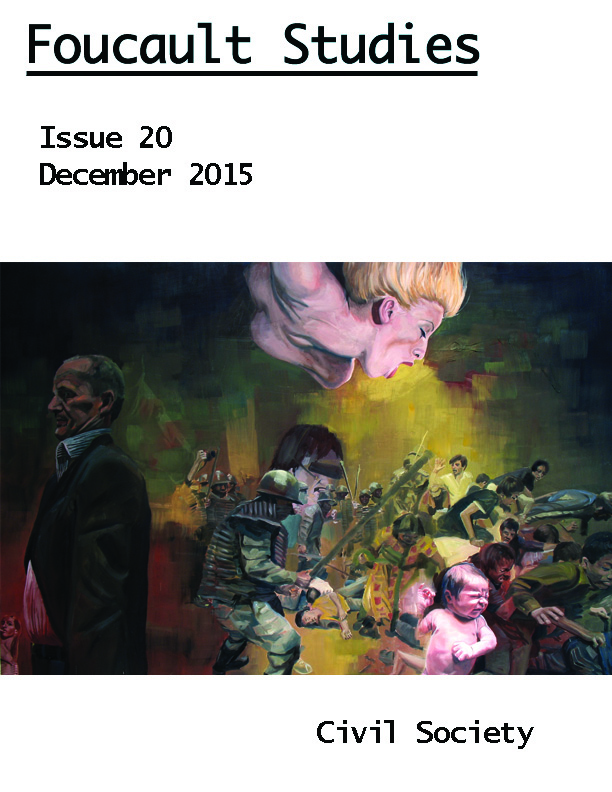Foucault’s Fossils: Life Itself and the Return to Nature in Feminist Philosophy
DOI:
https://doi.org/10.22439/fs.v0i0.4933Abstract
This essay asks about the return to nature and “life itself” in contemporary feminist philosophy and theory, from the new materialisms to feminist science studies to environmental ethics and critical animal studies. Unlike traditional naturalisms, the contemporary turn to nature is explicitly posthumanist. Shifting their focus away from anti-essentialist critiques of woman-as-nature, these new feminist philosophies of nature have turned toward nonhuman animals, the cosmos, the climate, and life itself as objects of ethical concern. Drawing on Foucault, the essay probes the ethical meanings of the term “life itself” invoked in many of these renaturalizing projects. Focusing especially on the archival matter that guides Foucault’s thinking, I suggest that we rethink “life itself” not as a transhistorical substance but as the unstable materiality of history. I then reframe Foucault’s archival, genealogical perspective through the lens of the Anthropocene and geological time. Reconceiving our archive as a fossil record, I suggest that Foucault has much to contribute to environmental challenges to human exceptionalism and the anthropogenic destruction of other species and ourselves.Downloads
Published
2015-12-19
How to Cite
Huffer, L. (2015). Foucault’s Fossils: Life Itself and the Return to Nature in Feminist Philosophy. Foucault Studies, (20), 122–141. https://doi.org/10.22439/fs.v0i0.4933
Issue
Section
Section in collaboration with Foucault Circle
License
Authors retain copyright to their work, but assign the right of the first publication to Foucault Studies. The work is subject to a CC BY-NC-ND 4.0 license, but despite these restrictions, authors can take for granted that Foucault Studies will permit articles published in Foucault Studies to be translated or reprinted in another format such as a book providing a full reference is made to Foucault Studies as the original place of publication.



